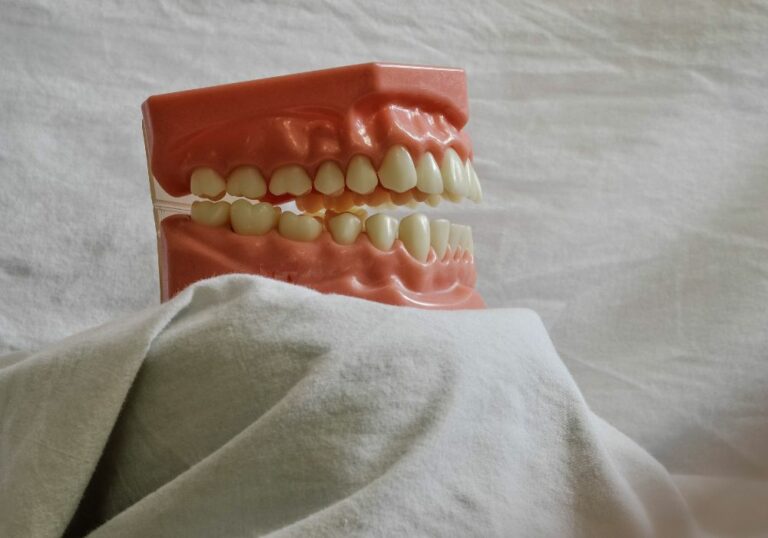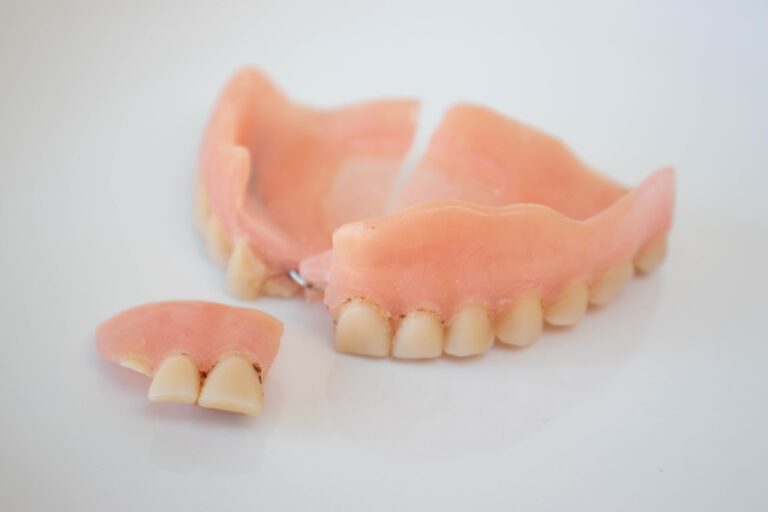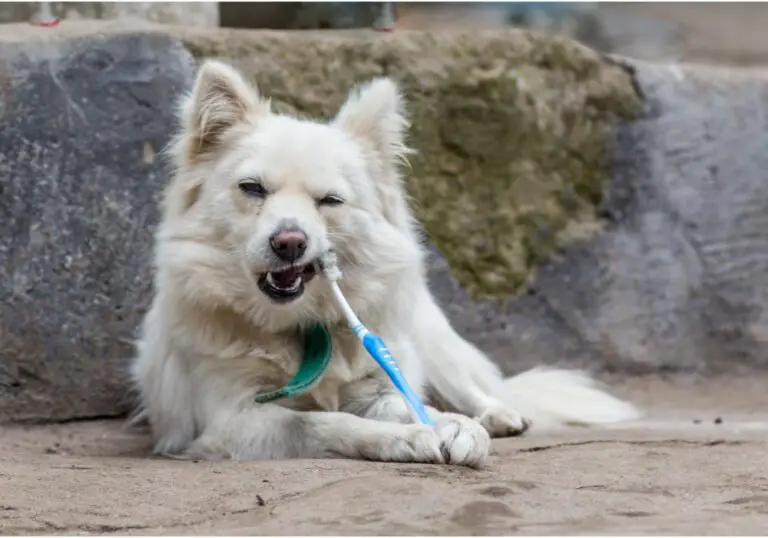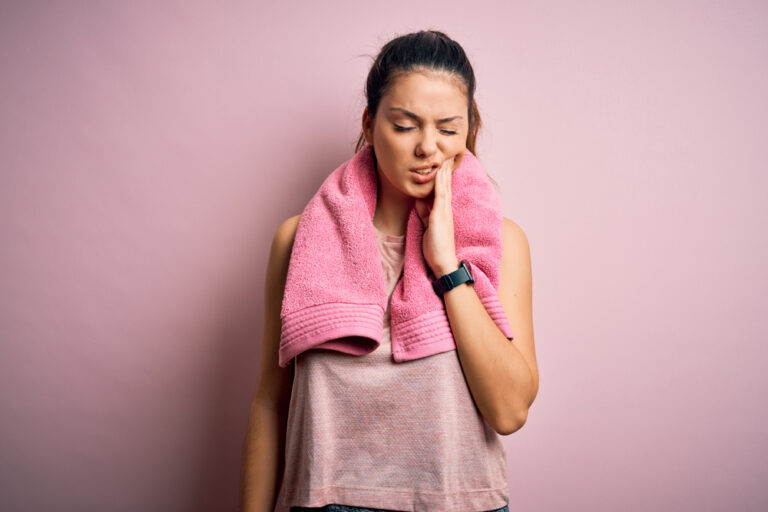What is bruxism and teeth grinding?
Teeth grinding, also known as bruxism, is the medical term for clenching or grinding your teeth together. It often happens during sleep, but some people also grind their teeth when they are awake. Teeth grinding can occur in both children and adults, although the causes and treatments may differ.
The clenching and grinding motions often happen involuntarily, while the person is asleep. Most people are unaware that they grind their teeth because it happens during sleep. The condition is typically noticed due to associated symptoms upon waking like jaw pain, headaches, or tooth damage. Teeth grinding gets worse during periods of stress or anxiety.
Bruxism is very common, affecting 8-10% of the population frequently and up to 15-33% on an occasional basis. It can begin at any age, but often starts in childhood or teenage years for initial occurrences. Many people outgrow occasional teeth grinding as adults. However, it persists more regularly into adulthood for 20-30% of people.
Chronic teeth grinding in adults can lead to progressive damage to the teeth and jaws. This includes worn, chipped, or cracked teeth, tooth sensitivity, headaches, and jaw joint pain. Disrupted sleep is another problem, impairing quality of life for teeth grinders and their sleep partners.
Signs and symptoms of bruxism
- Worn down, loose, chipped, or cracked teeth. Thinning of the enamel or dentin exposure indicates severe grinding over time.
- Flat areas or distinct notches and grooves on the chewing surface or incisal edges of teeth
- Increased tooth sensitivity. Loss of protective enamel leads to exposure of tender dentin.
- Jaw, face, neck, or ear pain upon waking. A dull ache or soreness from overworked muscles.
- Jaw clicking, popping noises, or locked jaw upon waking. Indicates problems with the TMJ.
- Tender or painful jaw muscles. Muscles are overworked from repetitive grinding motions.
- Headaches or migraines upon waking, often increasing in severity during the day.
- Sleep disruptions. Both teeth grinders and partners have poor sleep quality.
- Facial pain in muscles of mastication. Temporalis, masseter, medial and lateral pterygoids are strained.
- Tooth mobility or dental fractures in severe bruxism cases.
What causes teeth grinding?
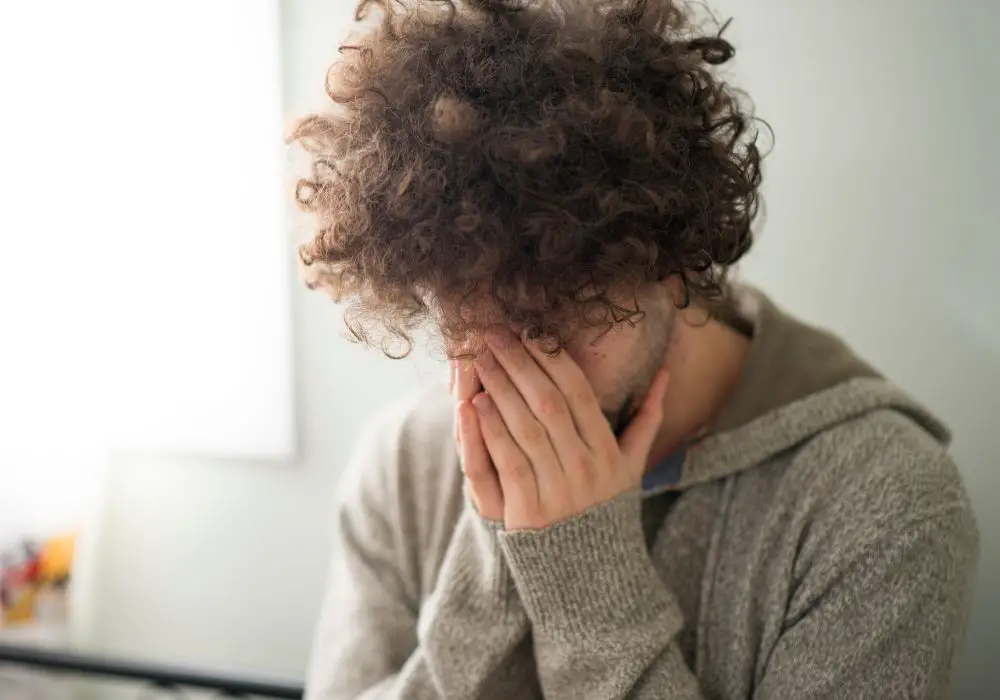
Doctors do not always know the exact causes of teeth grinding since there are a number of potential contributing factors:
Stress and anxiety
Mental health conditions like high stress, anxiety, depression, and neurotic personality types are strongly linked with increased bruxism. Teeth grinding often occurs during periods of heightened pressure, worry, or major life changes. The COVID-19 pandemic notably increased cases due to associated anxieties.
Grinding or tapping the teeth may function as a physical outlet for mental tension and emotions that builds up due to stressors. It can also occur in children as a response to significant life changes.
Sleep disorders
Various sleep disorders can lead to teeth grinding episodes. Sleep apnea causes impaired breathing and frequent waking which heightens teeth grinding habits. Insomnia or poor sleep quality may intensify bruxism as well. Jet lag and other disruptions to the circadian rhythm are also associated with increased grinding.
Sleep bruxism episodes usually occur during transitions from light to deep sleep. The body has increased arousals and involuntary movements during this period. Sleep deprivation increases this effect.
Abnormal bite
A misaligned bite or malocclusion puts uneven pressure on the teeth and jaws. The muscles must strain to find a comfortable resting position. Common problems like overbites, underbites, crossbites, and missing teeth can all contribute to bruxism as the bite seeks balance.
Other medical conditions
Diseases like reflux, allergies, Parkinson’s, dementia, ADHD, and neurological issues may increase teeth grinding. Reflux can cause airway irritation that leads to reflexive grinding. Allergies that impair breathing are also linked. Parkinson’s medications, anti-depressants, and amphetamines list bruxism as a side effect.
Genetics
Heredity may play a role. Bruxism tends to run in families, implying there could be a genetic component. More research is needed to clarify the hereditary link. Certain gene variations affecting the neurotransmitters dopamine and serotonin are potentially involved.
Smoking, alcohol, and caffeine
Daily habits like cigarette smoking, excessive alcohol use, and caffeinated beverages are tied to more frequent bruxism. Nicotine directly activates the muscles used in chewing motions. Alcohol disinhibits behaviors during sleep. Caffeine overstimulates the nervous system and tenses muscles.
Personality type
The tendency for bruxism is higher in people who have type A personalities, competitive achievement striving, aggression, and hyperactive behavior as a child. Tension and anxiety stemming from personality likely increase grinding habits.
Consequences of teeth grinding
If left unchecked, the grinding forces can damage dentition and facial structures:
Tooth wear
Enamel wears away from sustained grinding, exposing softer dentin. This causes increased sensitivity. Flatten chewing surfaces develop over time. Eventually teeth may become mobile or fracture.
Dental restorations
Dental fillings, crowns, and other restorations receive extra strain during bruxism. They frequently crack or break off from the pressure. Then the damaged tooth underneath is also at risk.
Jaw and facial pain
Pain in the temporomandibular joint (TMJ) and facial muscles like the temporalis and masseters develops from overexertion. Jaw soreness, clicking, and restricted motion are common symptoms. Headaches upon waking that worsen during the day are also linked to bruxism strain.
Sleep disruption
Teeth grinding creates noise that interrupts sleep for both the individual and their bed partner. Lack of quality rest can compound stress and emotional issues. Sleep apnea risk increases as well.
Tooth loss
In the most severe, chronic cases, prolonged bruxism can eventually lead to severely damaged, mobile teeth that may need extraction if dental intervention is not pursued early.
Who is at risk for bruxism?
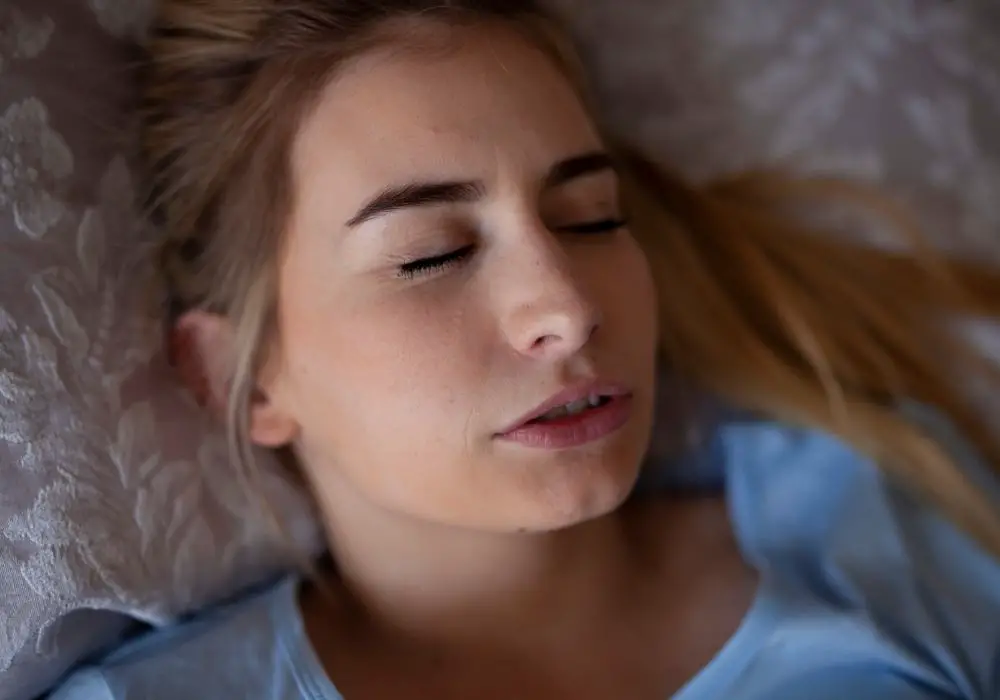
While both children and adults can develop bruxism, certain factors make it more likely:
- Age – Most common in ages 25-44, with cases increasing in children. Tends to decrease in older age.
- Gender – Slightly more frequent in females, potentially due to anxiety coping mechanisms.
- High stress personality or occupation
- Competitive achievement-striving personalities
- Hyperactive traits, especially as a child
- Anxiety disorders, depression, neuroticism
- Medications – SSRIs, amphetamines, certain Parkinson’s drugs
- Smoking and alcohol dependence
- Sleep disorders – Sleep apnea, snoring, insomnia
- Gastroesophageal reflux disease (GERD)
- Allergies and sinus issues
- Obesity – Increased cases of OSA
- Family history – Bruxism tends to run in families
- ADHD and autism spectrum disorders
Diagnosing teeth grinding
Dentists have several diagnostic options to evaluate bruxism:
- Clinical exam – Check for worn teeth, TMD, jaw muscle pain, headaches
- Patient history – Ask about sleep habits, stress, medication use, and family history
- Observation – Watch facial muscles at rest for signs of tension or discomfort
- Tooth impressions – Detect flattened areas, cracks, or indentations in teeth
- Photographs – Compare past and current photos to evaluate tooth wear over time
- Sleep study – Monitors sleep behaviors to confirm and grade bruxism episodes
- Home sleep test – Oral devices measure grinding force and frequency during sleep
Grades of bruxism
There are 3 severity classifications used for bruxism:
| Grade | Description |
|---|---|
| Mild | Occasional clenching, minimal damage |
| Moderate | Frequent grinding, notable wear present |
| Severe | Nightly forceful grinding, severe tooth damage |
Doctors determine the grade based on multiple factors – frequency and intensity of episodes, extent of damage, jaw pain levels, sleep disruption, and patient reports. Mild cases may resolve on their own, while moderate and severe cases often require active treatment.
Treatments for teeth grinding

A variety of dental, medical, and behavioral interventions are used:
Dental approaches
- Nightguards and splints – Covering to protect teeth from damage during grinding. Can be custom-made or over-the-counter.
- Botox injections – Weakens the jaw muscles to reduce grinding force. Temporarily effective but requires repeated injections.
- Occlusal adjustment – grinding areas smooth for even bite distribution.
- TMJ treatment – Splints, physical therapy, medications to reduce discomfort.
Medical approaches
- Sleep studies – Confirm sleep bruxism and screen for issues like sleep apnea. Allows tailored therapy.
- Sleep hygiene – Improving sleep habits and bedroom environment for better rest.
- Sleep medications – Short term use of sedatives or muscle relaxants in some cases.
- Anxiety/depression treatment – Therapy, counseling, or medications to reduce associated stress.
- Reduce aggravating medications – Changing medications linked to increased bruxism if possible.
- Botox injections – See dental approaches.
- Biofeedback – Detects grinding motions and provides tactile feedback to wearer to modify behavior.
Behavioral approaches
- Stress management – Counseling, relaxation techniques, lifestyle changes to control anxiety and stress.
- Physical therapy – Stretches and exercises to relieve jaw muscle tension. Also helps TMD.
- Behavior modification – Making conscious effort to relax jaw muscles when catching oneself clenching. Avoiding habits like gum chewing that overwork the jaws.
- Self-care – Warm compresses, massages, soft foods diet, hydration.
Home remedies and lifestyle changes
Patients can also try these home techniques that may help reduce grinding:
- Stress relief – Yoga, mindfulness, meditation, guided imagery, nature sounds
- Identify triggers – Keep a sleep diary to detect lifestyle factors that aggravate grinding
- Improve sleep routine – Follow consistent bedtime routine and wind down tech use before bed.
- Limit alcohol and caffeine – Stimulating substances that increase grinding
- Quit smoking – Directly activates jaw muscles and stresses the body
- Diet – Eat more magnesium and vitamin B rich foods to replenish deficiencies
- Exercise – Releases endorphins and helps manage stress and anxiety
- Massage – Relaxes overworked jaw muscles
- Warm compresses – Soothes sore facial muscles
- Soft diet – Temporarily eating more soft foods reduces jaw strain
- Hydration – Adequate fluids prevent muscle cramping and tension
Long term outlook for bruxism
With proper management, the long term prognosis for bruxism is good. Most patients can keep their teeth grinding under control with dental protection and focus on stress relief, sleep health, and modifying habits. However, severe untreated bruxism can destroy the teeth and TMJ over decades, leading to tooth loss, dental infections, and jaw joint disorders requiring surgery. Therefore, getting evaluated promptly allows early intervention to minimize risks of permanent damage.
While bruxism may come and go throughout life, it tends to peak in early to middle adulthood for most people. The reported prevalence and severity decreases in older age groups. However a subset of people do experience persistent severe bruxism requiring ongoing therapy into older age. With today’s many treatment options, teeth grinding can be overcome at any age through a combination approach tailored to each patient.
Frequently Asked Questions
What is the best mouthguard for teeth grinding?
Custom-made nightguards molded precisely to your teeth typically provide the best fit, durability and protection for bruxism. They distribute force evenly and are more comfortable for nightly wear than generic drugstore mouthguards.
Can teeth grinding cause cracked teeth?
Yes, the extreme repetitive forces placed on teeth during chronic bruxism can definitely cause enamel cracks, cuspal fractures, and even split teeth. That’s why treating severe grinding is important.
Is teeth grinding bad for your brain?
There is some emerging evidence that long-term severe bruxism may potentially contribute to cognitive decline over time. Researchers believe the sustained stress of chronic grinding could impair memory and thinking skills later in life.
Can you grind your teeth to nubs?
In the most severe cases of bruxism that persists for many years or decades without treatment, people can grind their teeth down to little worn “nubs.” Most patients do not reach this stage since they seek help once damage becomes apparent.
What vitamin deficiency causes teeth grinding?
Studies show that magnesium and vitamin B deficiency may worsen bruxism for some people. Grinding episodes decreased for a subset when these deficiencies were corrected through diet or supplementation, implying a connection.

